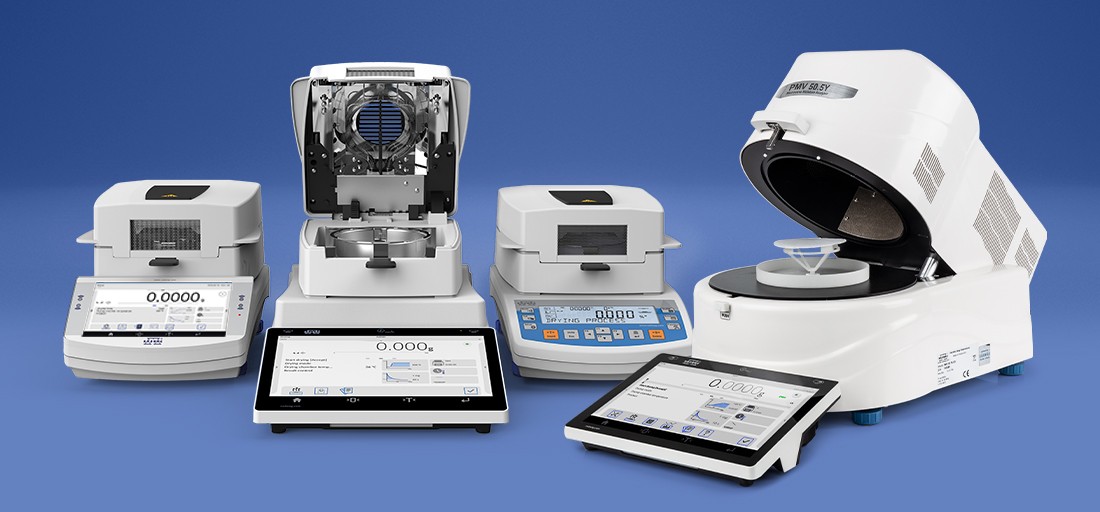
2025-07-01
Why Choose RADWAG Moisture Analyzers?
View our latest brochure to discover 13 reasons why you should bet on our moisture analyzers!More ➜
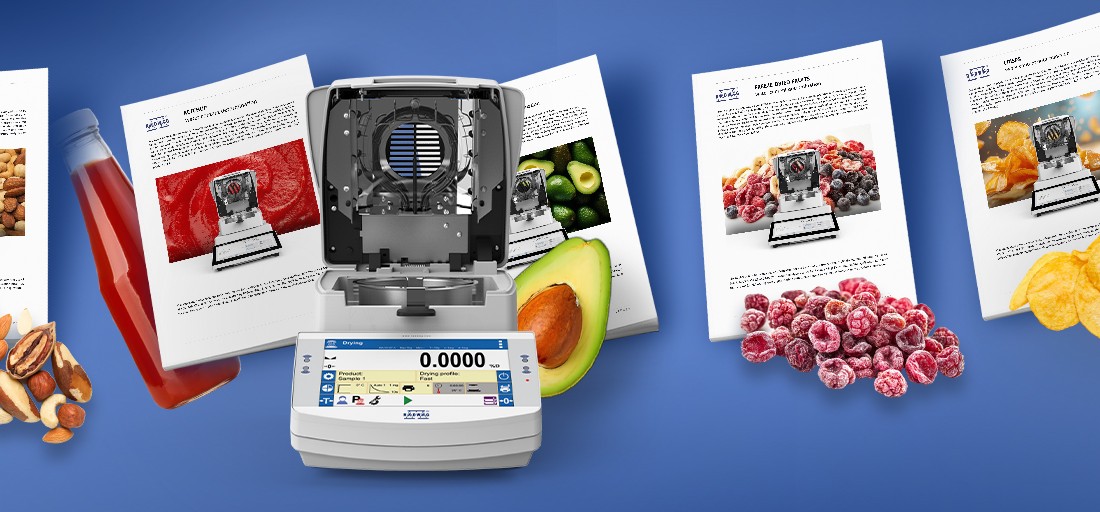
2025-06-17
White Papers in Several Languages to Choose From!
In our Knowledge Base you will find white papers not only in Polish, English and Spanish, but also in German.More ➜
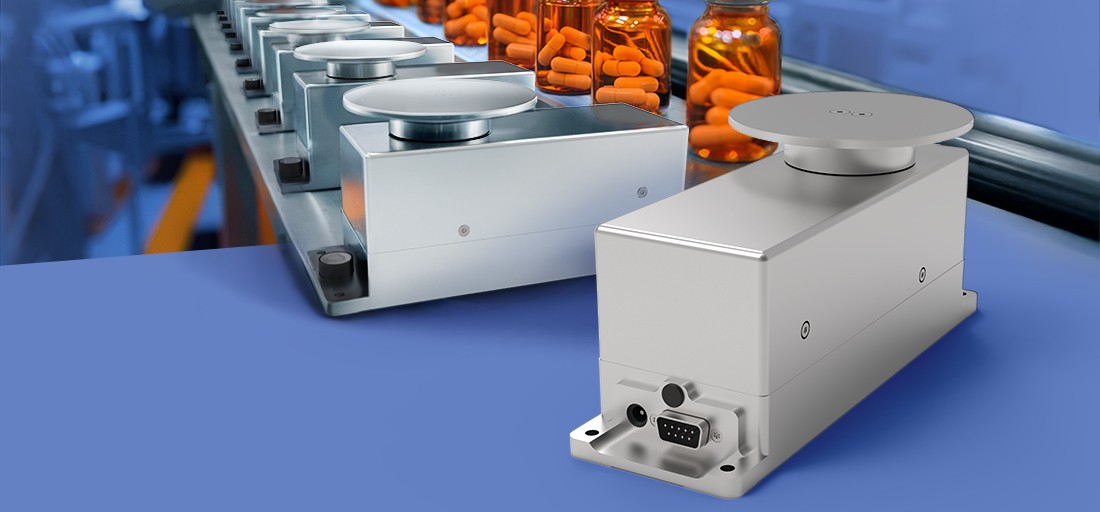
2025-06-04
New MPS.M and MPS.T Weighing Modules
Ideal integration into machines and production lines with the new weighing modules.More ➜
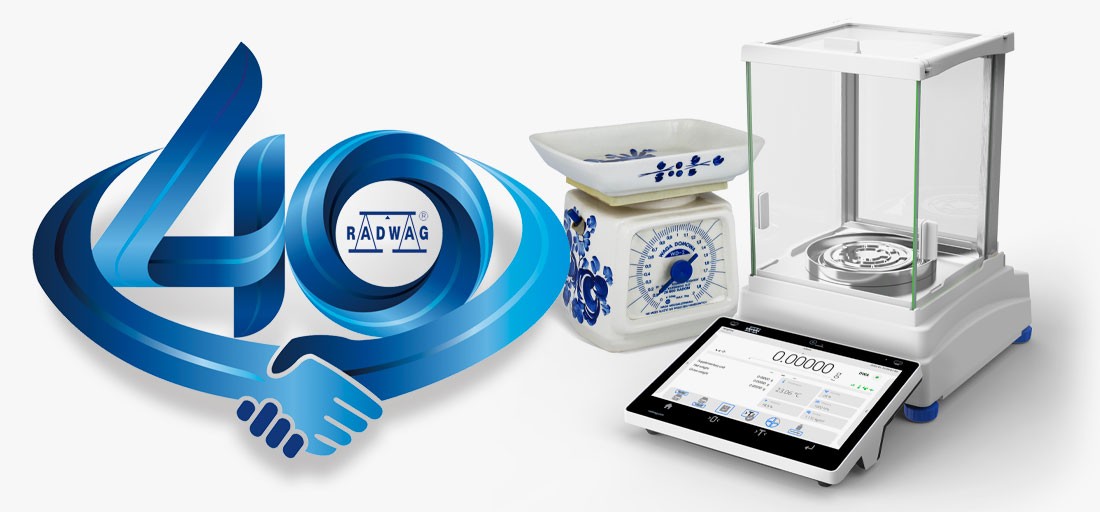
2025-05-20
40 Years of RADWAG!
The celebration under the slogan “40 Years Together. Strengthened by History, Inspired by the Future” will take place on 9-11 September 2025 in the RADWAG’s headquarters in Radom.More ➜
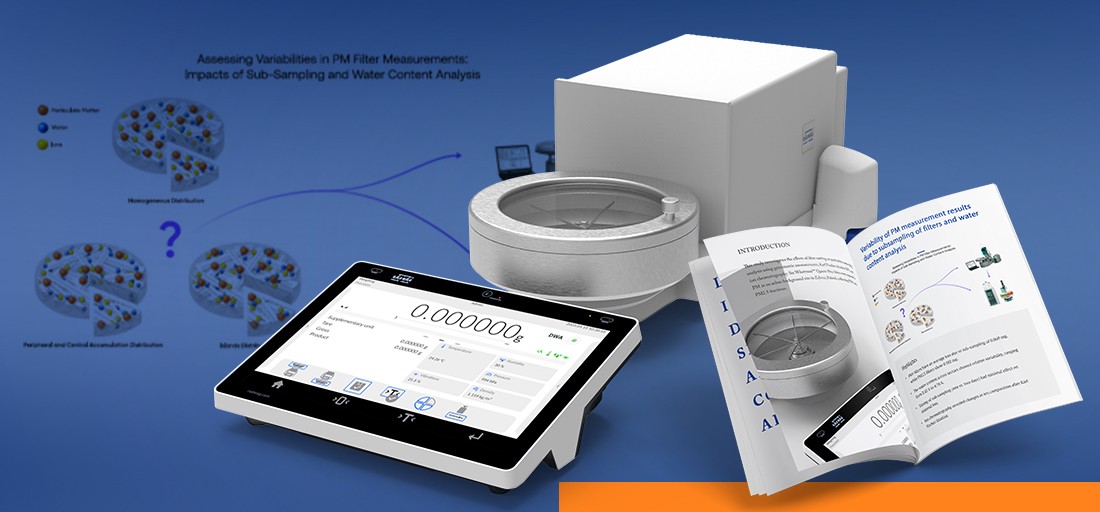
2025-05-06
MYA 5.5Y.F1 Microbalance and Study on the Effect of Filter Cutting on Particulate Matter (PM) Analysis Accuracy
Researchers at the Institute of Fundamentals of Environmental Engineering of the Polish Academy of Sciences in Zabrze conducted a study on the effect of filter cutting on the accuracy of particulate matter (PM) analysis using the MYA 5.5Y.F1 Microbalance.More ➜
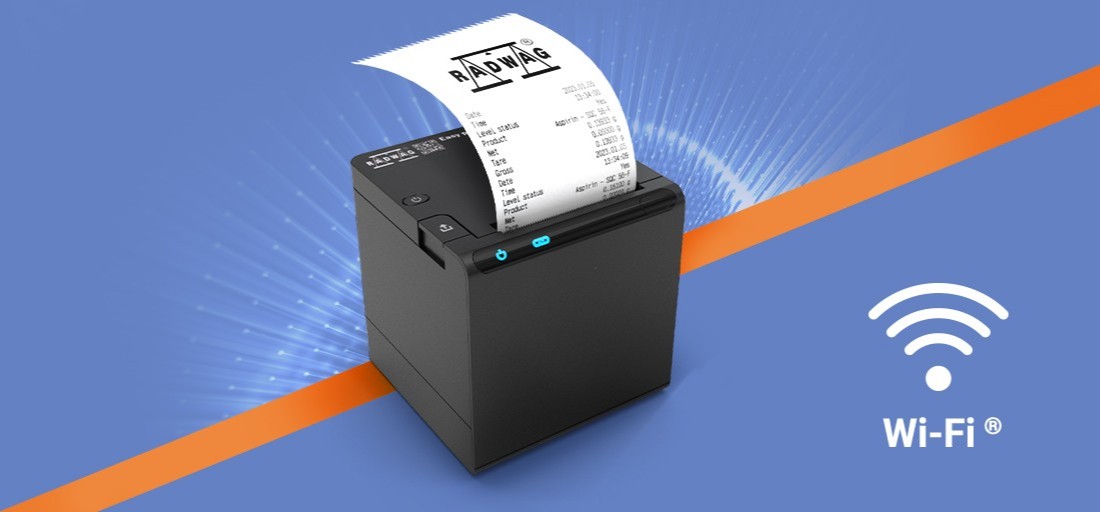
2025-04-18
Printer for Balance, Wi-Fi Wireless Printer for Balances, in a Word: RTP-UEW80
With the RTP-UEW80, you can finally forget about tangled cables and complicated configuration!More ➜
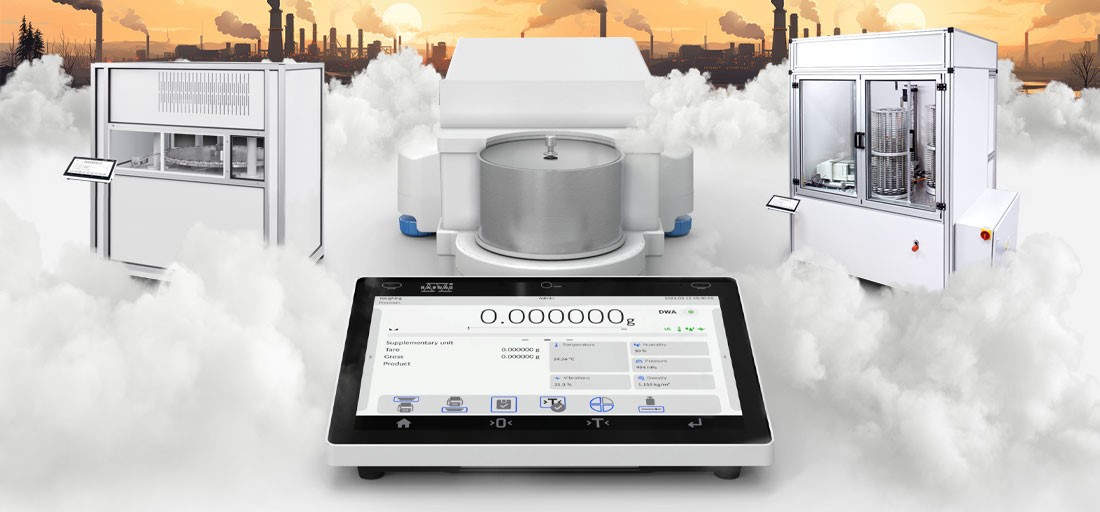
2025-04-08
RADWAG Devices in Scientific Research – Environmental Protection
Our devices are used in scientific research.More ➜
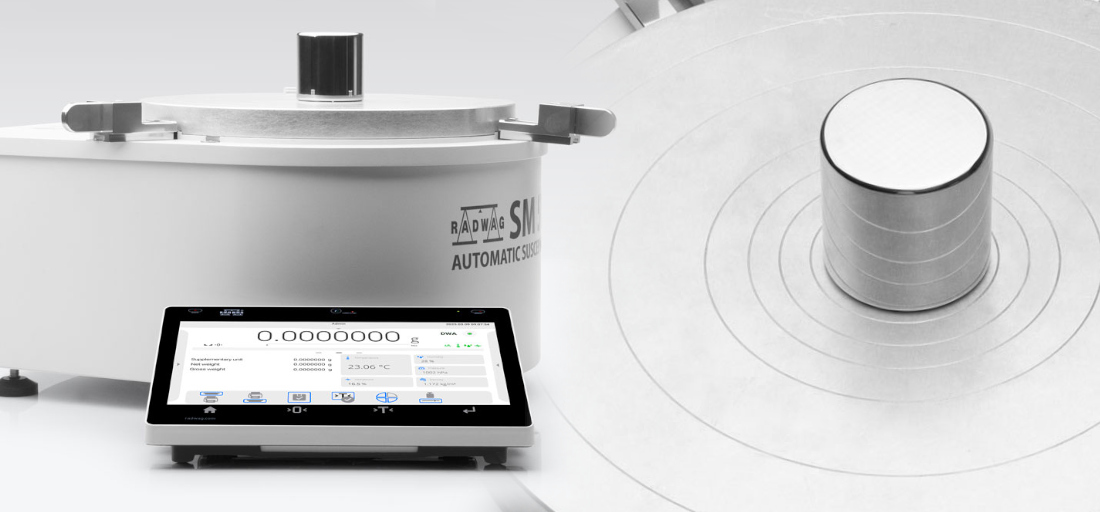
2025-03-25
What Is an Automatic Susceptometer and What Does It Measure? RADWAG New: SM 5Y.A
The SM 5Y.A Automatic Susceptometer is a device for measuring the magnetic susceptibility and permanent magnetization of mass standards.More ➜
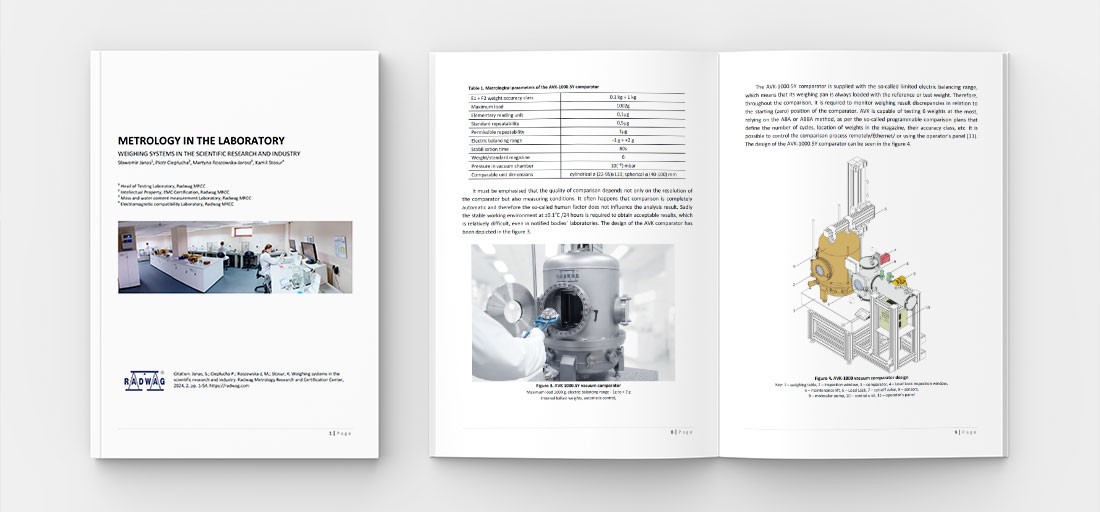
2025-03-11
New Publication: Metrology in the Laboratory
We kindly invite you to read the second issue of the publication prepared by experts from RADWAG.More ➜
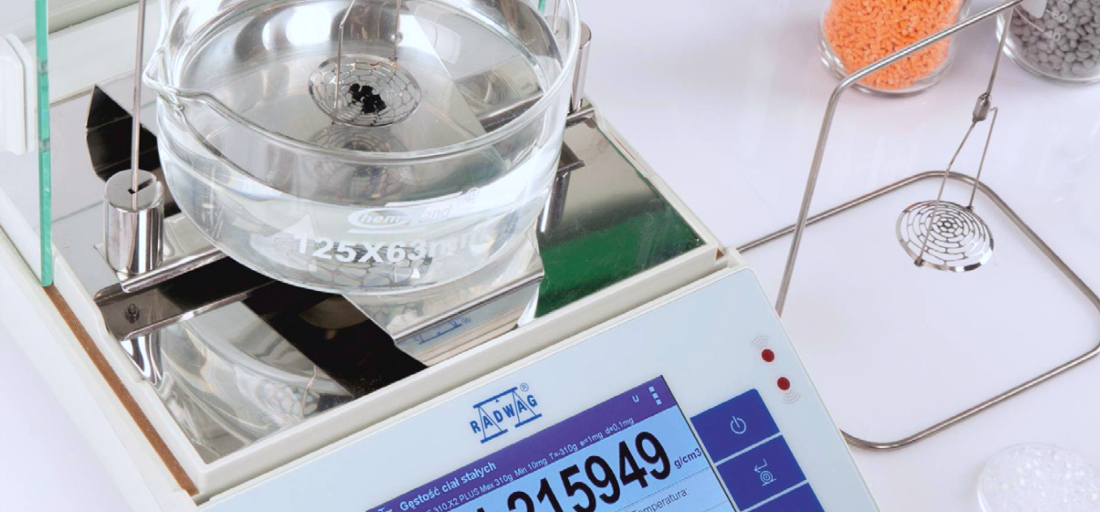
2025-02-11
ISO 1183: Determination of Plastic Density Using the Immersion Method
A study with this title was published in the latest issue of the magazine “PlastEcho”. Its authors are experts from the RADWAG Research Laboratory.More ➜

2025-01-28
Tailor-Made Balance or Scale: How Do You Choose a Weighing Device to Suit Your Needs?
That you need a balance or a scale, you already know. But which one will meet the requirements of your company, institution or production line? What do you want to weigh on it? This article will help you find the answers to these questions.More ➜
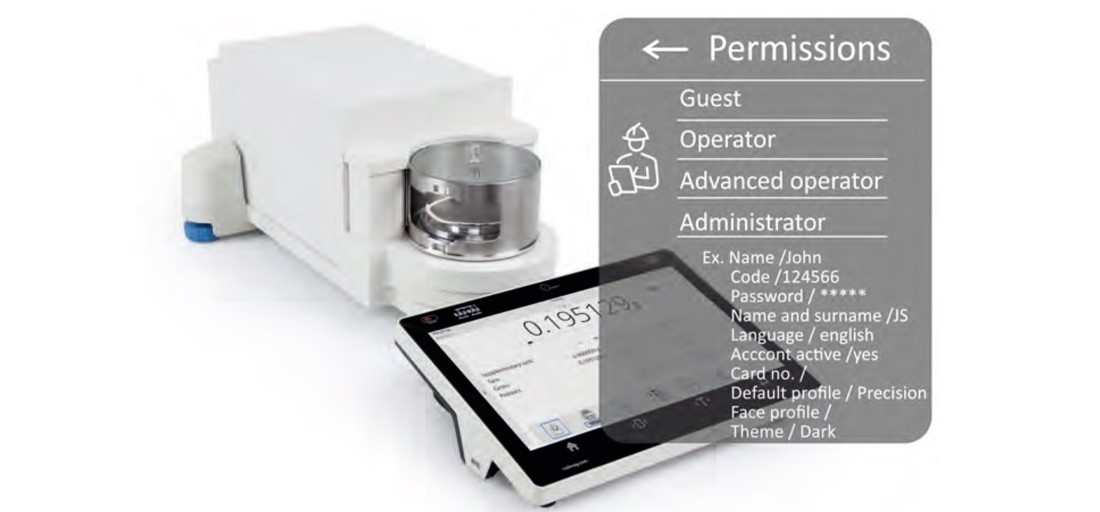
2025-01-14
RADWAG Full Compliance with 21 CFR Part 11 and EU Annex 11
Did you know that compliance with these regulations can be achieved by RADWAG balance itself? There is no need for an additional PC with additional PC software and this sets us apart from our competitors.More ➜
© 2025 RADWAG Balances and Scales.
All rights reserved.
